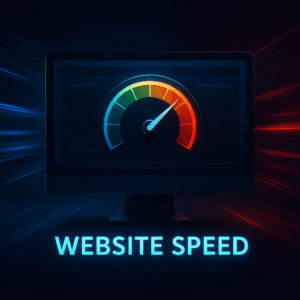If you think SEO and web development are just about keywords and clean code, think again. In 2025, with AI tools like ChatGPT and Bing Copilot answering user queries directly, your site needs more than just traditional optimization.
Here are 5 practical and modern strategies that truly make a difference today:
1. Write for Humans, Structure for AI
Yes, content is king. But now structure is queen. Use:
Clear headings (H2, H3)
Bullet points
Schema markup (FAQ, Article, Product, etc.)
Answer boxes with direct, useful content
This helps AI bots extract and present your content more easily.
2. Website Speed = Visibility
Forget bloated themes and slow-loading sliders. If your site doesn’t load in under 3 seconds, both Google and AI platforms may skip it. Use:
Lazy loading
Image compression (WebP/AVIF)
Minified CSS/JS
A solid hosting provider
3. Mobile-First is No Longer Optional
Most AI tools simulate mobile-first UX. That means your mobile design and performance affect not just search rankings, but AI visibility too. Responsive layout, tappable buttons, and readable fonts are a must.
4. Internal Linking & Contextual Relevance
AI uses context heavily. Linking between related blog posts, service pages, or tutorials creates a web of relevance that:
Improves UX
Helps AI understand your site better
Keeps users engaged
Pro tip: Use natural anchor texts instead of exact-match SEO terms.
5. Secure, Clean & Trustworthy Code
Security, accessibility, and structured markup go beyond SEO now. AI engines prefer to show content from trustworthy, technically clean websites. That means:
HTTPS
No broken links or console errors
ADA accessibility
OpenGraph and meta data in place
Final Words
The AI revolution didn’t kill SEO or web development — it refined them.
If you want your site to survive and thrive in this new era, don’t just chase rankings. Focus on:
Real value
Strong development practices
Content clarity
And user-first structure




